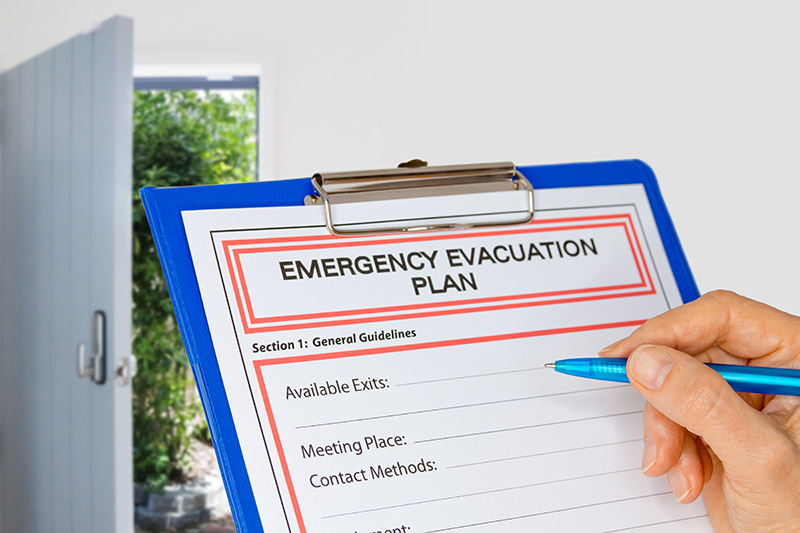
The Arlington Fire District began in the roots of a volunteer company called Arlington Engine Company Number 1, which had evolved out of the American Chemical Protection Company in the early 1920s. Read More...
Board of Fire Commissioners
Locations and contact information. FOR ASSISTANCE IN A FIRE OR MEDICAL EMERGENCY, DIAL 911. Read More...
Pumpers, Rescue Truck, and Aerial Platform. Read More...
Incident Chain of Command and Administrative Chain of Authority. Read More...
Arlington Fire District Coverage Map - Download Available.
Develop a Family Emergency Plan
How safe is your home?
What to do in case of fire
You can become a Volunteer Firefighter, Fire Police, Emergency Medical Technician. Read the Requirements for each Position. and fill out a Membership Inquiry Form today! Read More...
Board of Fire Commissioners
Current Board Meeting Agenda
Public Records Available Prior to Board Meeting
Board Meeting Minutes - (Not Yet Approved)
Latest Board Meeting Audio
Treasurer's Monthly Financial Report
Adopted Budget
Approved Board Meeting Minutes
Approved Abstracts 2024 | 2023 | 2022 | 2021
Archived News
Board Meeting Audio
Budgets
NYS Annual Financial Update Document
Independent Auditor Report
NYS Comptroller Report Of Examination
Fire Safety and Prevention Tips
Requesting Public Records -
FOIL Policy | Form
Notices, Policies, Forms
Current and archived audio from all meetings is available here
Get automatically notified on new audio at:
![]()
![]()
Coloring Pages
Sparky the Fire Dog Web Site
US Fire Administration Website Keeping Kids Safe
Fire Station - Learn about Firefighters, Fire Safety, Trucks & More …available at the App Store for iPhones, iPods and iPads featuring Arlington Fire District!
The following controls allow you to increase and/or decrease webpage text size as well as to return text to its default size. Close this window first before using the controls to resize webpage text.
Hold down the Ctrl key while pressing the + (plus) sign; for Mac users, hold down the command (Apple) key while pressing the + (plus) sign.
Hold down the Ctrl key while pressing the - (minus) sign; for Mac users, hold down the command (Apple) key while pressing the - (minus) sign.
To return to DEFAULT text size hold down the Ctrl key while pressing 0 (zero); for Mac users, hold down the command (Apple) key while pressing 0 (zero).
Develop a Family Emergency Plan

